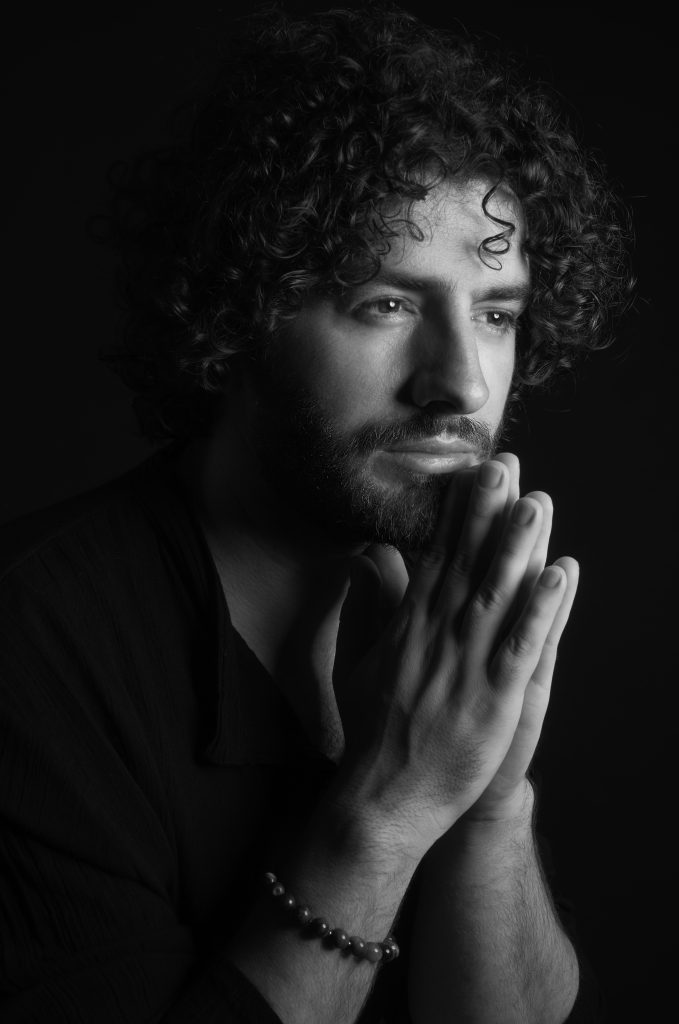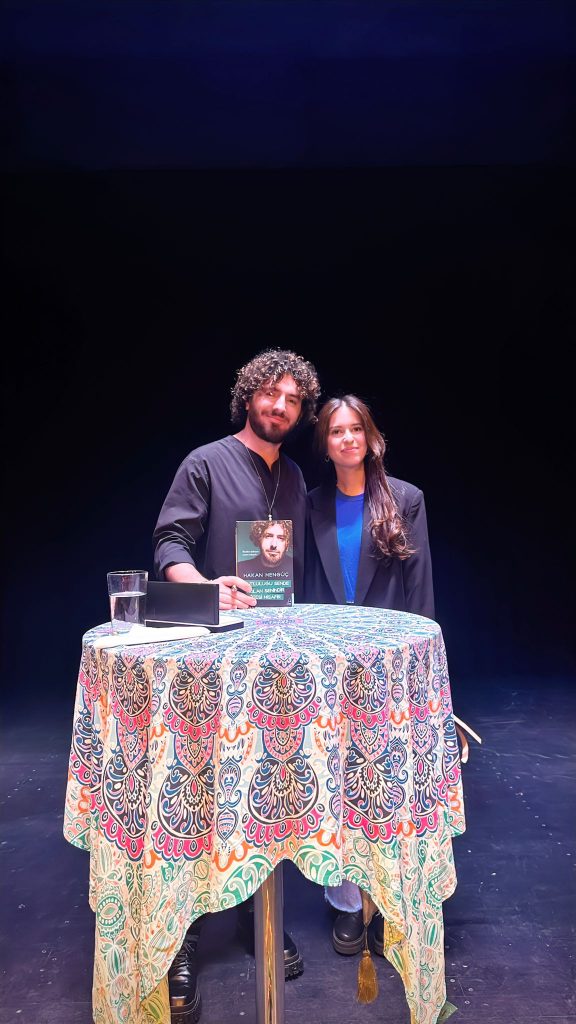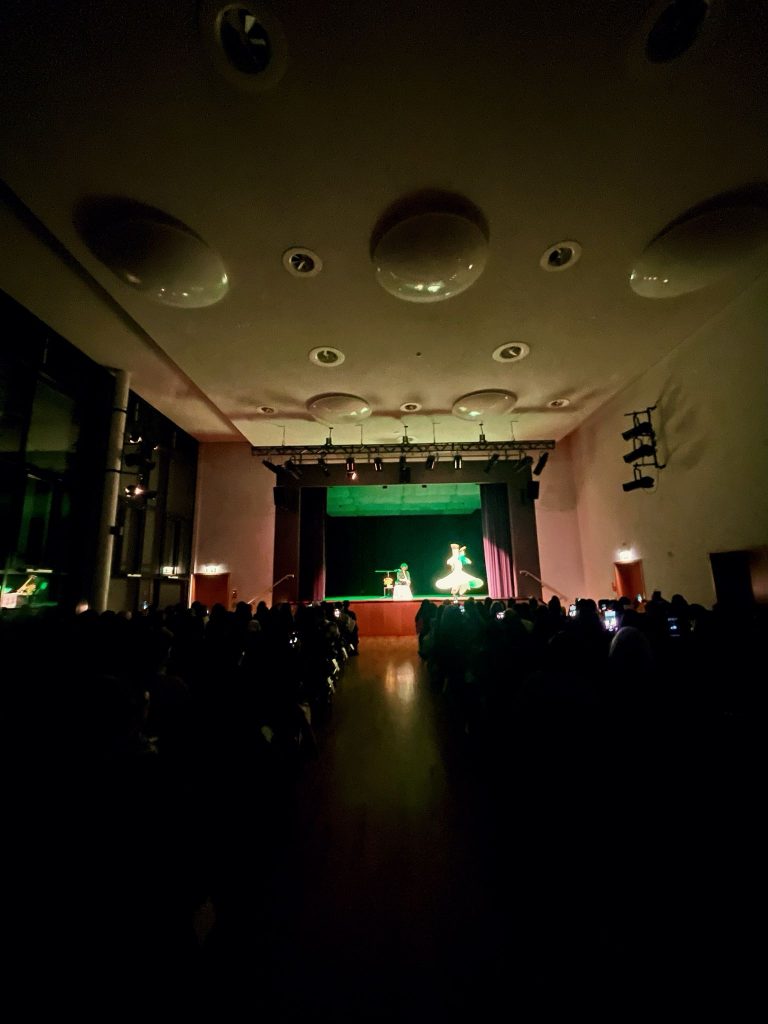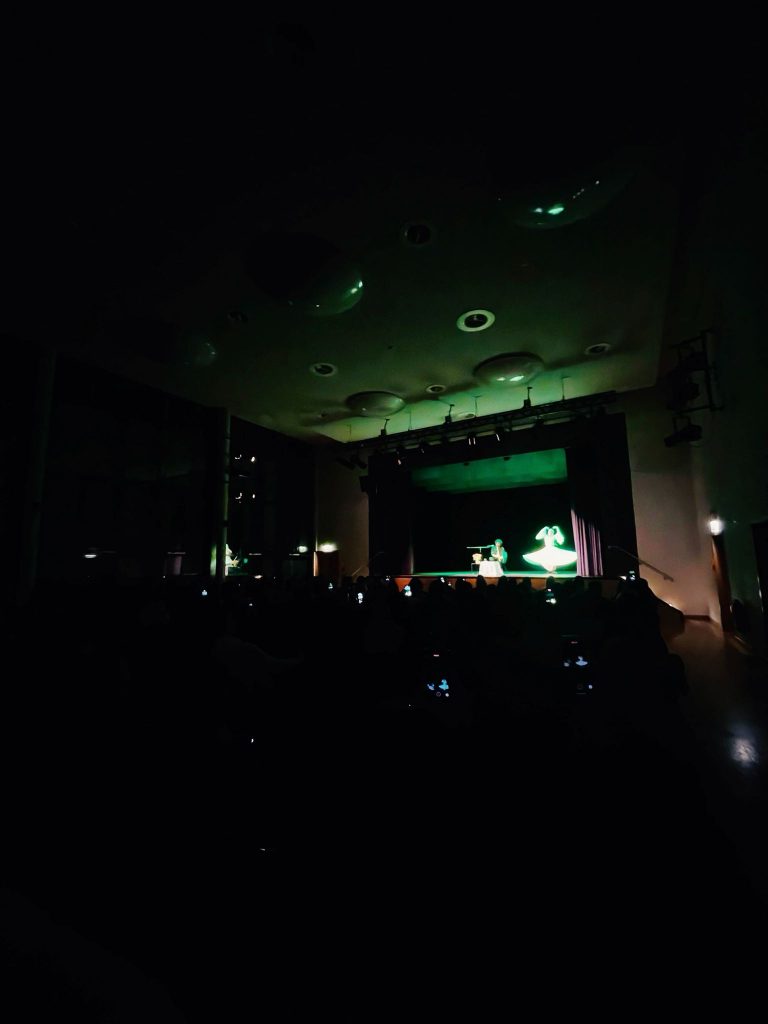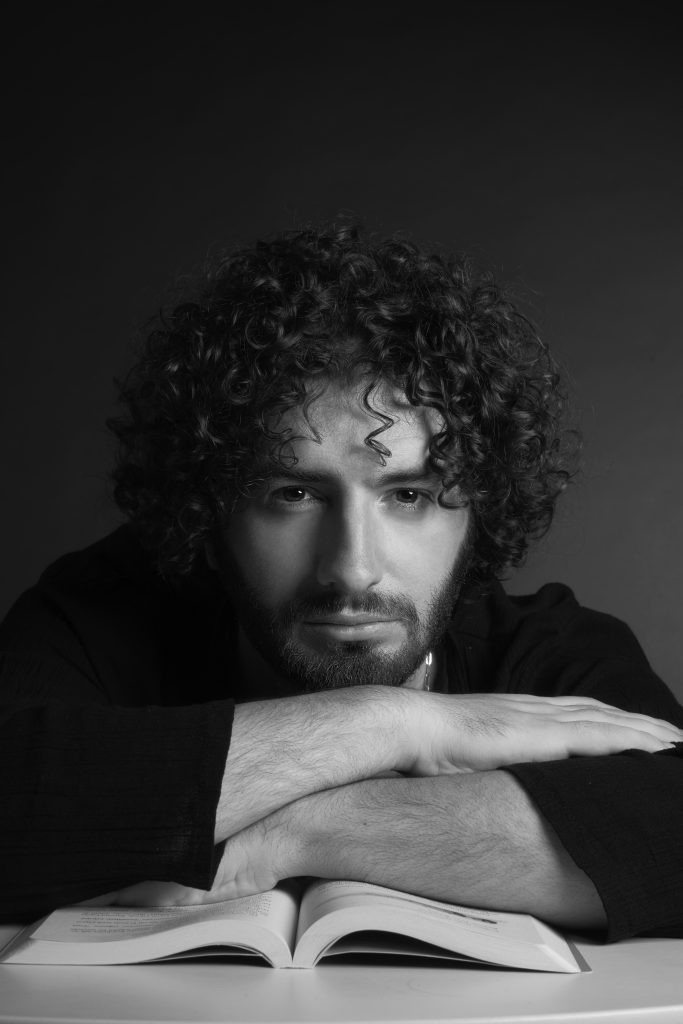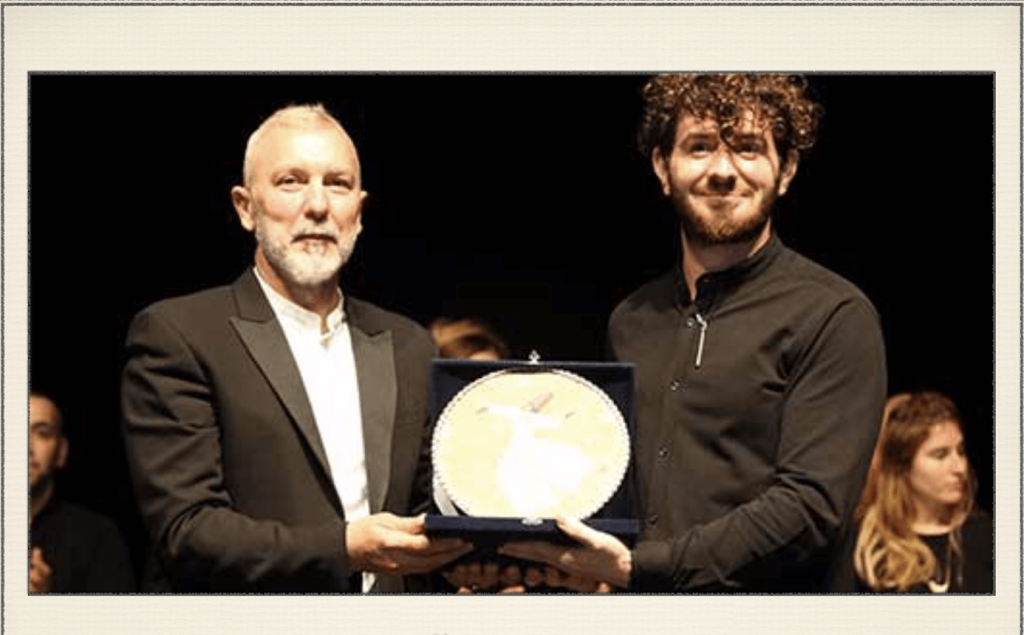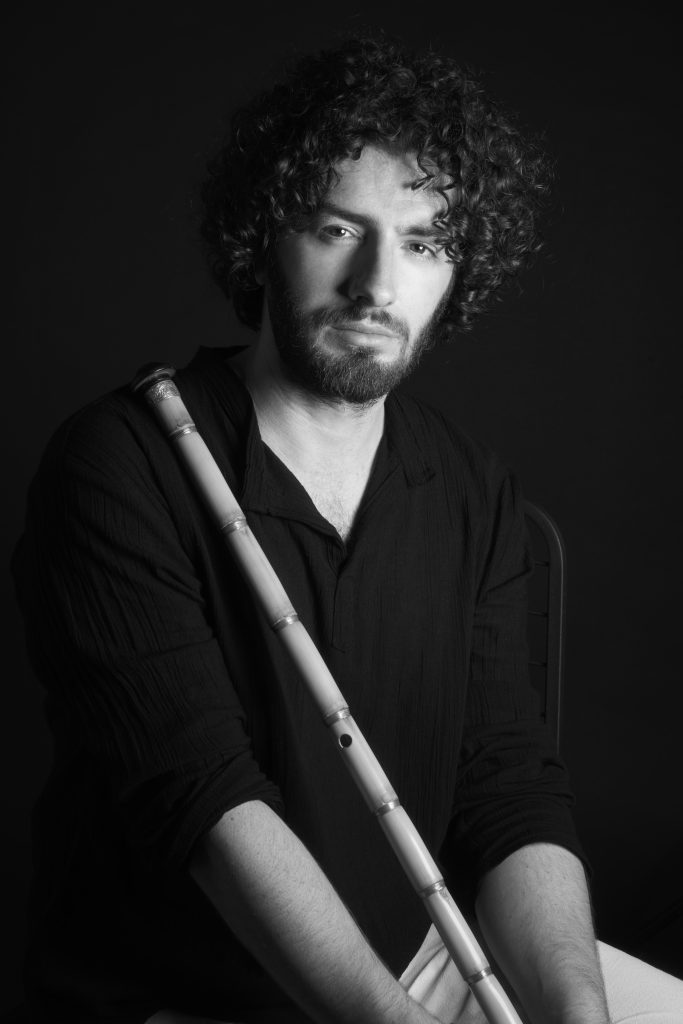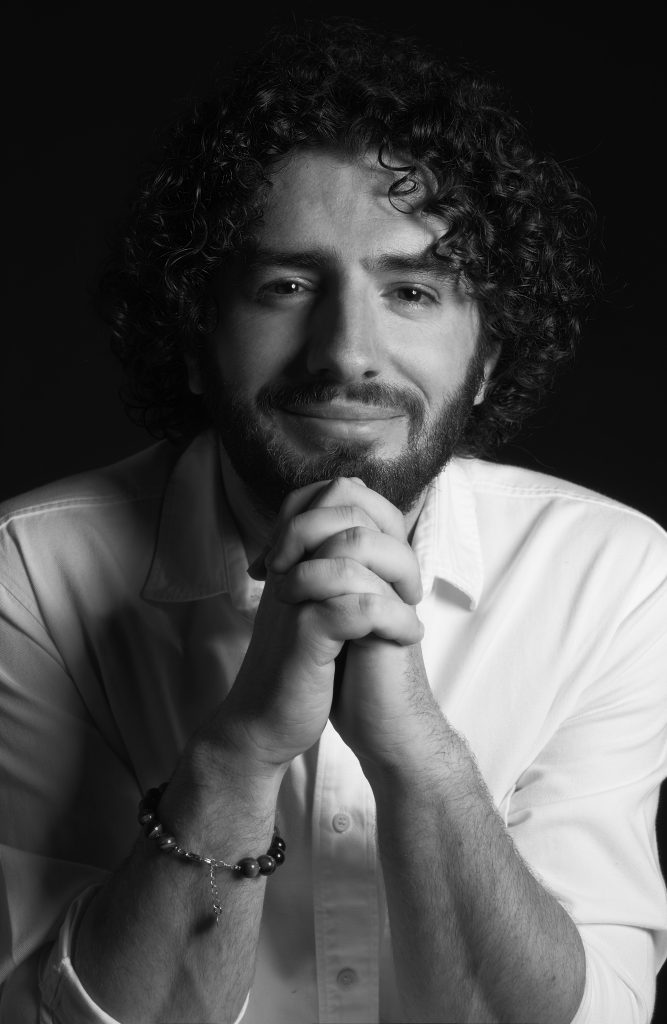
🇬🇧 English
Hakan Mengüç is an internationally renowned author whose books have been translated into 13 different languages. His works have remained on bestseller lists in many countries for months. Mengüç is not only known for his writing but also has a large following for his Sufi music. Masterfully playing the mystical Sufi flute Ney, Mengüç also excels on the piano, touching the souls of music lovers with his numerous compositions. His art is a magical fusion of words and melodies, resonating universally.

🇨🇳 Chinese
Hakan Mengüç 是一位国际知名的作家,他的书籍已被翻译成13种不同的语言。他的作品在许多国家的畅销书排行榜上停留了数月之久。Mengüç不仅以写作著称,还因其苏菲音乐而拥有大量粉丝。精通神秘的苏菲长笛Ney的演奏,Mengüç在钢琴上的造诣也令人瞩目,他的众多作品触动了音乐爱好者的心灵。他的艺术是文字与旋律的魔幻结合,在全球范围内产生共鸣。

🇪🇸 Spanish
Hakan Mengüç es un autor de renombre internacional cuyos libros han sido traducidos a 13 idiomas diferentes. Sus obras han permanecido en las listas de bestsellers de muchos países durante meses. Mengüç no solo es conocido por su escritura, sino que también tiene una gran cantidad de seguidores por su música sufí. Tocando magistralmente la flauta sufí mística Ney, Mengüç también sobresale en el piano, tocando las almas de los amantes de la música con sus numerosas composiciones. Su arte es una fusión mágica de palabras y melodías, resonando universalmente.

🇮🇳 Hindi
हाकन मेंगूच एक अंतरराष्ट्रीय ख्याति प्राप्त लेखक हैं जिनकी पुस्तकों का 13 विभिन्न भाषाओं में अनुवाद किया गया है। उनकी रचनाएँ कई देशों में महीनों तक बेस्टसेलर सूची में बनी रहती हैं। मेंगूच न केवल अपनी लेखनी के लिए जाने जाते हैं बल्कि सूफी संगीत के लिए भी उनकी बड़ी प्रशंसक संख्या है। रहस्यमय सूफी बांसुरी ने को कुशलता से बजाने वाले मेंगूच, पियानो में भी उत्कृष्ट हैं और अपनी अनेक रचनाओं से संगीत प्रेमियों की आत्मा को छूते हैं। उनका कला शब्दों और धुनों का जादुई संगम है, जो सार्वभौमिक रूप से गूंजता है।

🇫🇷 French
Hakan Mengüç est un auteur de renommée internationale dont les livres ont été traduits en 13 langues différentes. Ses œuvres sont restées pendant des mois dans les listes des best-sellers de nombreux pays. Mengüç est non seulement connu pour son écriture, mais aussi pour sa grande base de fans de musique soufie. Jouant magistralement la flûte soufie mystique Ney, Mengüç excelle également au piano, touchant les âmes des amateurs de musique avec ses nombreuses compositions. Son art est une fusion magique de mots et de mélodies, résonnant universellement.

🇦🇪 Arabic
حكان منغوتش هو مؤلف ذو شهرة عالمية تُرجمت كتبه إلى 13 لغة مختلفة. ظلت أعماله على قوائم الكتب الأكثر مبيعًا في العديد من البلدان لعدة أشهر. منغوتش معروف ليس فقط بكتاباته بل لديه أيضًا قاعدة جماهيرية كبيرة لموسيقاه الصوفية. يعزف ببراعة على الناي الصوفي الغامض، كما يتميز في العزف على البيانو، ويلامس قلوب عشاق الموسيقى بتأليفاته العديدة. فنه هو مزيج سحري من الكلمات والألحان، ويبعث صدى عالميًا.

🇷🇺 Russian
Хакан Менгюч — всемирно известный автор, книги которого переведены на 13 разных языков. Его работы на протяжении нескольких месяцев оставались в списках бестселлеров во многих странах. Менгюч известен не только своими произведениями, но и большим количеством поклонников его суфийской музыки. Мастерски играя на мистической суфийской флейте Ней, Менгюч также виртуозно играет на пианино и трогает души любителей музыки своими многочисленными композициями. Его искусство — это волшебное сочетание слов и мелодий, находящее отклик по всему миру.

🇮🇹 Italian
Hakan Mengüç è un autore di fama internazionale i cui libri sono stati tradotti in 13 lingue diverse. Le sue opere sono rimaste per mesi nelle liste dei bestseller di molti paesi. Mengüç è conosciuto non solo per i suoi scritti, ma anche per la sua vasta base di fan della musica sufi. Suonando magistralmente il mistico flauto sufi Ney, Mengüç eccelle anche al pianoforte, toccando l’anima degli amanti della musica con le sue numerose composizioni. La sua arte è una fusione magica di parole e melodie che risuona universalmente.

Il famoso tenore italiano Andrea Bocelli e Hakan Mengüç


